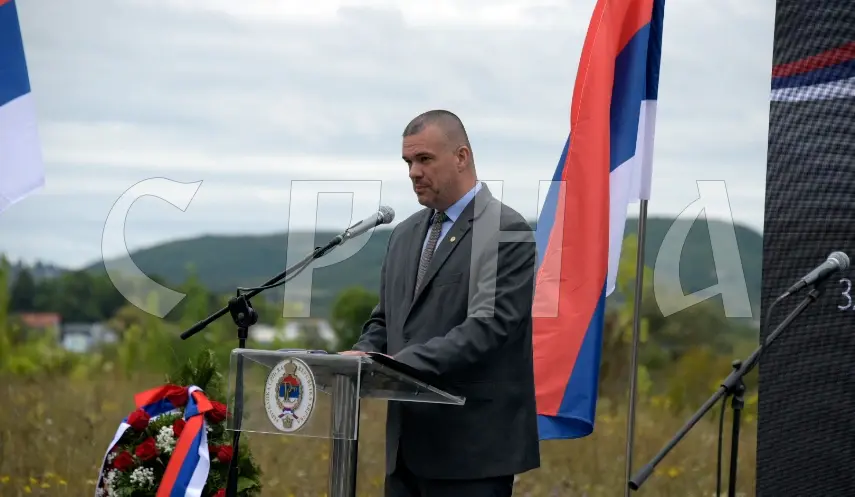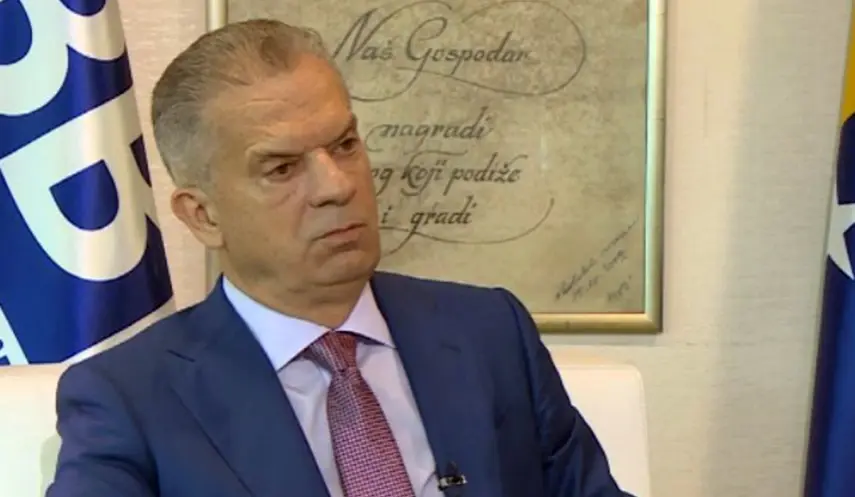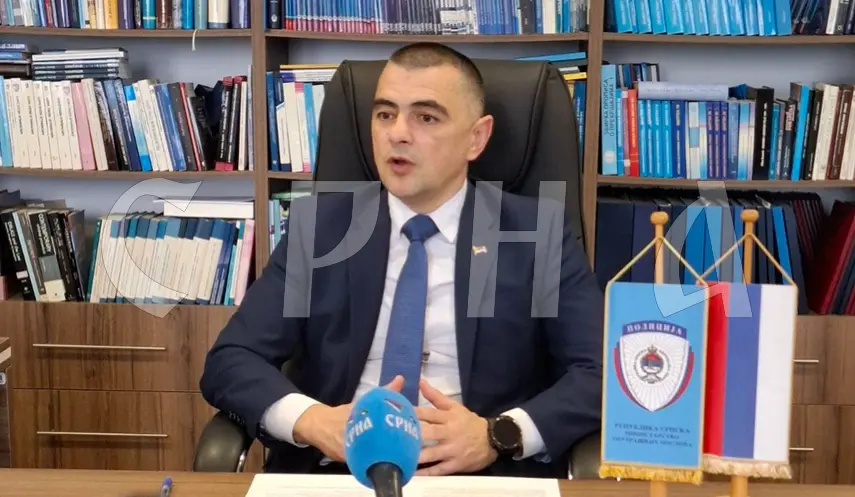VIDAKOVIĆ: HONORING SERB VICTIMS ALL GENERATIONS’ DUTY
FBiH - Bihać - Culture of Remembrance
09/06/2025
13:40

BIHAĆ, September 6 /SRNA/ – Nebojša Vidaković, Assistant Minister of Labour, War Veterans and Disabled Persons Protection of Republika Srpska, says that by honoring Serb victims and spreading the truth about the crimes committed against the Serb people throughout history, we can reduce the chances of such atrocities being repeated.
Vidaković emphasized that today's commemoration of 84 years since the Ustaše massacre at Garavice near Bihać, killing 12,000 Serbs, is a duty for all generations.
According to him, Garavice is proof that the Serb people has always suffered at the place which were not their state, and that preserving Republika Srpska is the most important issue today.
Vidaković recalled that such suffering also occurred in 1941, when the then Kingdom of Yugoslavia was occupied, and the Independent State of Croatia /NDH/ was established.
"The sole aim of the NDH was to implement the policy of killing one-third of Serbs, converting one-third to Catholicism, and expelling one-third to Serbia. That policy is best illustrated by the fact that in 1931, Serbs made up 43% of Bihać population, while today there are only 55 Serbs left," Vidaković told the press in Garavice.
He stressed that the Serb people must foster a culture of remembrance, which includes visiting execution sites such as Garavice.
Boško Tomić, envoy of the Serb member of the BiH Presidency, said that places like the Memorial Park Garavice evoke dread, as they remind us of horrific crimes and the innocent Serb victims.
"We must speak about this constantly, to prevent such horrors from repeating. Only through unity can we resist the project of erasing Orthodoxy and the Serb people, a project planned by the West. When we are united, no one can defeat us, which we proved in the last Defensive - Patriotic War, when we, despite great losses, protected the civilian population to a great extent," said Tomić.
Nebojša Kuštrinović, Head of the Garavice 1941Committee, emphasized the importance of commemorating the suffering of the Serb people.
"Forgetting is a way of killing the truth. In the past, we were forgetting things consciously or unconsciously. But, history is a teacher, which is constantly warning us," Kuštrinović stated.
He expressed satisfaction that the governments of Republika Srpska and Serbia are preserving the memory of the suffering of Serbs in Garavice.
At the beginning of World War II, the Ustaše committed a massacre of the Serb civilian population, killing more than 12,000, including a large number of children and 148 Jews from Bihać.
At several mass execution sites around Bihać in 1941, more than 15,000 Serbs from the wider region were brutally murdered.








